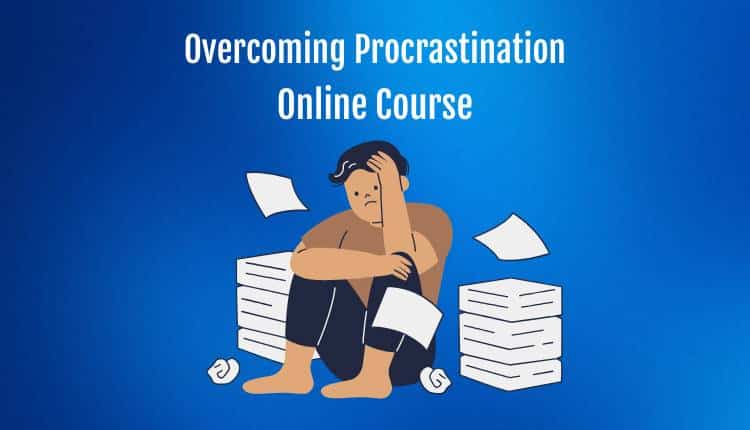Join us on a fascinating journey to success, happiness, personal growth, positive thinking, meditation, awakening, and stress-free life. Discover the world of conscious living, self-improvement, and positive lifestyle.
The Path to Success, Positivity, and Inner Peace
Discover our articles, books, and courses for practical guidance on self-improvement, success, positive thinking, focus, inner strength, meditation, and lasting inner peace.
Begin your journey to master and improve your life!
Recent Posts
- Finding Stillness and Peace in the Midst of Life: Discover How to Cultivate Inner Peace
- Swami Vivekananda’s Teachings: Wisdom for Everyday Life
- Mastering Motivation Online Course: A Guide to Motivation
- Unlock the Power of Positivity with the Positive Thinking Course
- Break Free from Procrastination and Achieve Your Goals
- Difficulties and Obstacles in Focusing the Mind and Attention
Improve Your Life with Our Online Courses
Learn About Our Online Courses! Master meditation, cultivate positive thinking, overcome procrastination, master motivation, and break free from distractions to create an empowered, and fulfilling life.
Our Books on Achieving Dreams, Focus, and Inner Strength
Topics that Might Interest You
| Meditation | Inner Peace |
| Awakening | Focus & Concentration |
| Willpower & Discipline | Visualization & Manifesting |
Our Books on Inner Peace and Meditation
Mindpower, Meditation, and Inner Peace Can Transform Your Life
- “Feeding your mind with thoughts about success will create success in your life.”
- “When you rehearse success in your mind, you experience success in your life.”
- “Daily meditation is the antidote to worries, stress, and nonstop thinking that disturbs focus and tranquility and wastes mental energy.”
- “Calm the winds of your thoughts, and there will be no waves on the ocean of your mind.”
Our Books on Affirmations, Positive Thinking, and Finding Love
Creating a Successful, Positive, Happy, and Peaceful Life
Discover the world of conscious living, self-improvement, and positive lifestyle.
What you will find here?
- How to use manifestation and the law of attraction effectively.
- How to make positive changes in your life and achieve your goals.
- Learn how to make affirmations work for you.
- Guidance about positive thinking and adopting it in your daily life.
- How to strengthen your willpower, self-discipline, and focus.
- How to practice meditation.
- Discover how to calm down your mind and enjoy inner peace in everyday life.
- Articles and guidance about self-improvement.
Positivity, Happiness, and Inner Peace
Our aim is to spread optimism, positivity, happiness, and inner peace to the world.
We wish to inspire people all over the world to improve themselves and their lives, expand their minds and awareness, and enjoy inner strength and inner peace.
We provide practical information and guidance which will help you live a better, happier, and more fulfilling life.
SuccessconsCiousness.com is a comprehensive self-improvement website that provides many resources for anyone looking to improve their personal and professional life. The website covers various topics such as meditation, awakening, positive thinking, visualization, goal setting, and personal development.
One of the standout features of the website is its extensive collection of articles with practical information. The articles are easy to read and provide actionable advice that readers can implement in their lives immediately.
The website also offers an extensive collection of inspiring quotes and eBooks to help people improve their lives and mental and emotional well-being.
Material and Spiritual Success Are Within Your Reach
Success is not only more money, promotion, and social status. It is also more happiness, harmonious relationships, spiritual growth, and conscious living.
Spiritual success and unfoldment can provide a sense of purpose, peace and tranquility, a calm mind, and expanded awareness, leading to spiritual awakening. All this can positively impact one’s life in every area.
Achieving material success can provide the resources and stability needed to lead a comfortable life, support loved ones, and contribute to the community’s well-being.
Balancing both aspects can create a well-rounded, harmonious, and fulfilling life.
Self-improvement, a positive lifestyle, material success, and spiritual success are within your reach.
Browse this website, and you will find guidance, advice, exercises, and books to help you improve your life, build success skills, achieve your dreams, and enjoy inner peace and a calm mind.
















 Thank you for visiting my website!
Thank you for visiting my website!